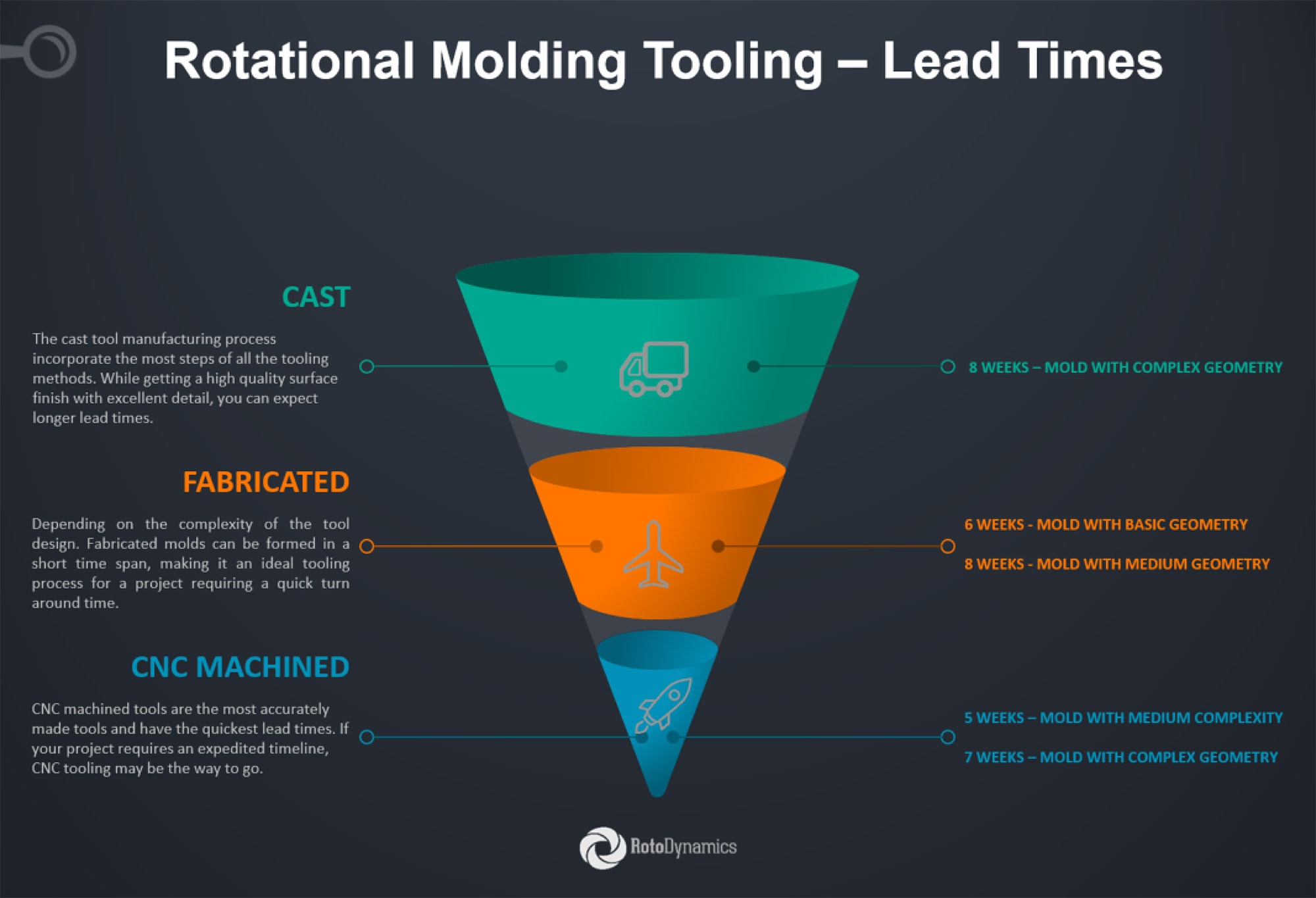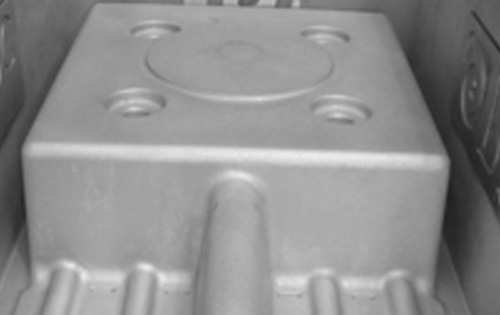
Introduction to Rotational Mold Making
3 types of Rotational Mold Making Tools to meet all your requirements
Roto Dynamics provides multiple mold making options in order to competitively manufacture the tooling that your product needs. The joint effort from our designers and toolmakers ensures that our molds are going to produce a quality product with reliable tolerances and optimized cycle times.
Rotational molding tool design is a highly complex technical process. When you make the the right mold making decisions, your overall costs can reduce, the production will be smoother and quality is optimal. It takes time, accuracy and a significant investment when manufacturing a mold so getting it right is essential.
The rotomolding process is a low pressure process which uses gravitational forces to form the part inside of the mold. This makes tooling cost much more affordable if you compare it to high pressure processes such as injection and blow molding.
Advantages of (Rotational Mold Making ) Rotational Molding Mold Types |
||
| Mold Type | Advantages | Disadvantages |
| Fabricated | → Lower Cost than cast and CNC molds. → Very large molds can be made at an affordable cost. → Lead times are rapid depending on complexity. → Good surface finish is achievable. → Aluminum, steel or stainless steel can be used to build the mold. |
→ Tolerances are not as good as cast and CNC molds. → More maintenance is required when compared to cast and CNC tools.· Complex geometry is challenging to recreate |
| Cast | → Complex Geometry is achievable. → Cost is relatively low compared to CNC molds. → Excellent detail is achievable. → Good tolerances. → Cast molds are durable and require less maintenance than fabricated molds. → Small and large parts can be molded from cast tools. |
→ Porosity may occasionally appear which can be easily corrected |
| CNC | → Complex Geometry is achievable. → Excellent surface appearance. → Very good tolerances. → Excellent detail. → Good heat transfer. → Very good durability. → Quick lead times. → Fine parting lines. → No Porosity. |
→ Higher cost than cast and fabricated molds. |
Mold and Tooling Type Options
Fabricated Tooling for Rotational Mold Making
In Rotational Mold Making, Fabricated molds are the lowest cost molds and we can utilize when producing a part with relatively low geometry complexity. Tolerances are not held as tightly as cast or CNC tools however lead times tend to be quicker. Fabricated molds are most commonly used to produce medium to very large parts and are manufactured from aluminum, steel or stainless steel.
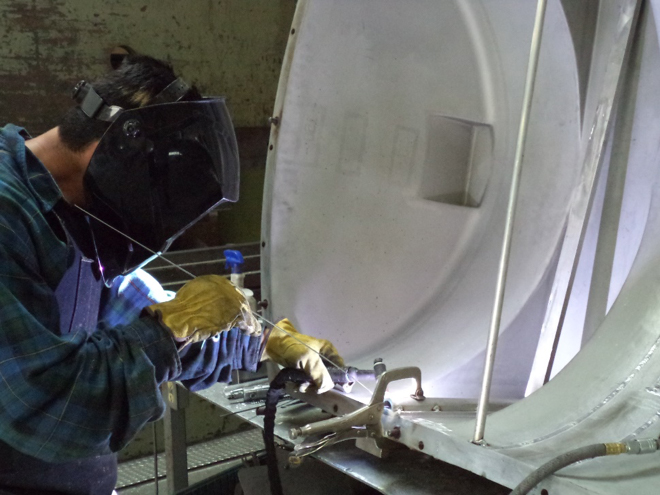
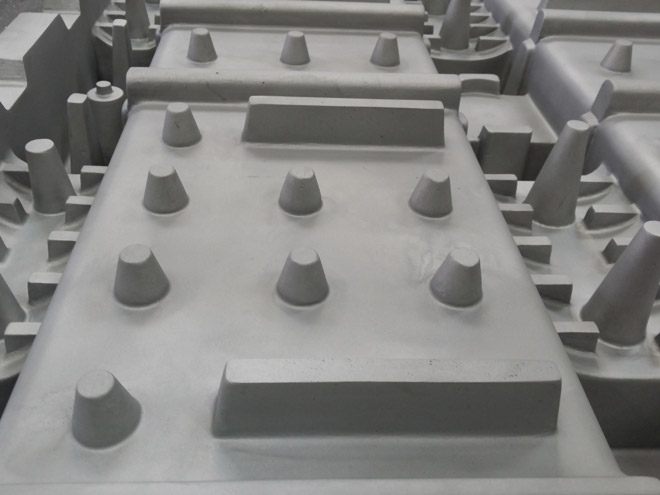
Cast Aluminum Tooling
Cast aluminum tooling is best suited to producing parts with complex geometry, ranging in size from small to very large. Complex details can be replicated in a cast tool and tolerances are reliable.
CNC Machined Tooling
CNC tools produce parts with excellent surface finish and good tolerances for Rotational Mold Making. The tool longevity is second to none and can withstand long production runs with minimal maintenance. CNC tools can also be a method of expediting a tooling process when time is of the essence.
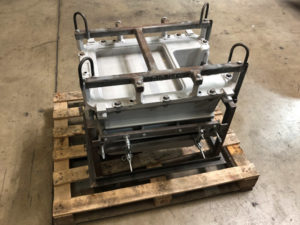
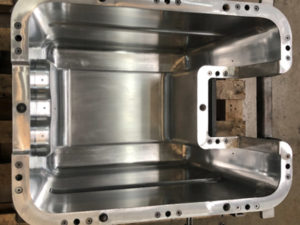
Don’t forget to check out Roto Dynamics Google Local Listing for reviews.

